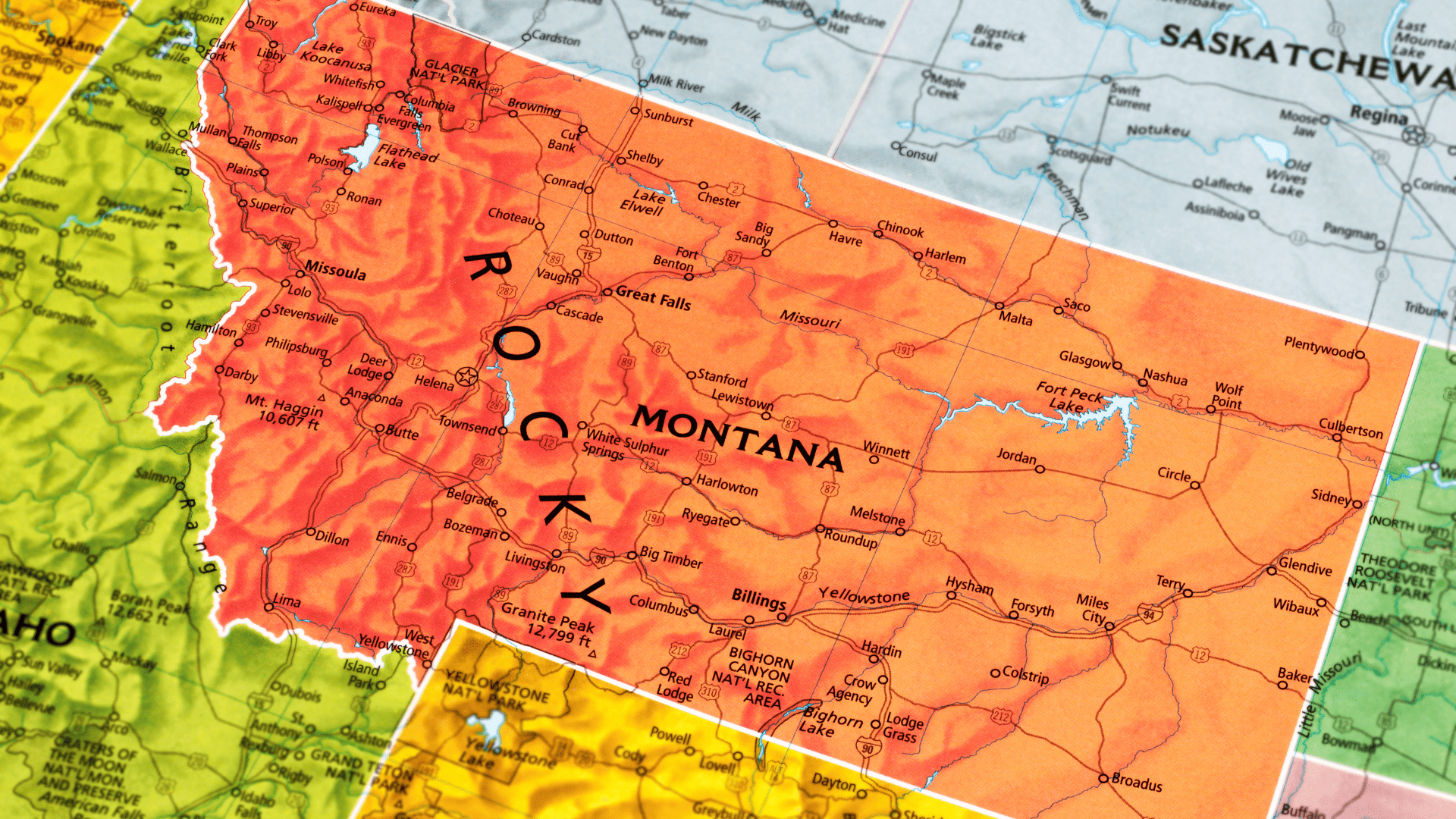
Understanding Flathead County’s Decision to Opt-Out of State Housing Aid
Brady Thomas Rice
Flathead County commissioners recently made the decision to opt out of a state housing program aimed at addressing Montana’s housing affordability challenges. This choice means the county will not participate in a program funded by House Bill 819, which offers $175 million for housing initiatives, including $50 million to create 500 affordable homes statewide.
The program, passed during the last legislative session, provides state funds to counties that opt in and agree to contribute a local funding match. The funds would be used to develop deed-restricted homes, ensuring they remain affordable for low- and middle-income buyers. These homes have capped appreciation rates of 1% to maintain long-term affordability for future buyers.
Flathead County’s commissioners cited concerns over the potential financial impact on homebuyers and the use of taxpayer dollars as reasons for declining participation. This means the $9 million that could have gone to Flathead County will be reallocated to other counties that have chosen to opt into the program.
Understanding the Program’s Goals
The housing initiative aims to address the growing affordability challenge in Montana, where rising home prices have made it difficult for many residents to achieve homeownership. The program’s use of deed restrictions seeks to ensure that these affordable homes remain accessible to those in need, even as market conditions change.
The funding also represents an effort to support local communities by stabilizing housing costs, which can benefit families, workers, and businesses alike. For counties that opt in, the program offers an opportunity to leverage state funds to address housing shortages in a targeted way.
Balancing Perspectives
Flathead County’s decision reflects a cautious approach to government-funded housing programs. The commissioners expressed concerns that participating might lead to financial strain for some homebuyers and questioned whether this was the best use of public resources. These considerations highlight the complexities involved in addressing housing affordability through state and local partnerships.
At the same time, the decision has shifted the $9 million allocation to other counties that opted into the program. For these communities, the funding could represent a significant step toward creating stable, affordable housing options for their residents.
Looking Ahead
As the housing affordability issue continues to grow in Montana, it remains an important topic for policymakers and community leaders. Whether through state programs like HB 819 or other initiatives, finding solutions that balance financial sustainability with the needs of residents will be key.
Flathead County’s choice not to participate in this program provides an opportunity to consider alternative approaches to addressing housing challenges in the region. Collaboration between government, community organizations, and private stakeholders will likely play an important role in shaping the path forward.
Housing is a foundational element of strong communities, and ongoing discussions about how to address affordability will be essential for ensuring that Montana remains a place where families and workers can thrive.
About Brady Thomas Rice
Brady Thomas Rice is the President and Founder of The BTR Group, Inc., a firm specializing in international executive management services focused on capitalizing, developing, restructuring, and operating commercial real estate assets in complex markets. With two decades of experience, Mr. Rice is a seasoned expert in the real estate industry. He is currently leading and advising on projects in multiple jurisdictions across the US Mountain West including Montana, Utah, and Colorado along with international destination markets including Baja California Sur, Mexico and Canada.
















